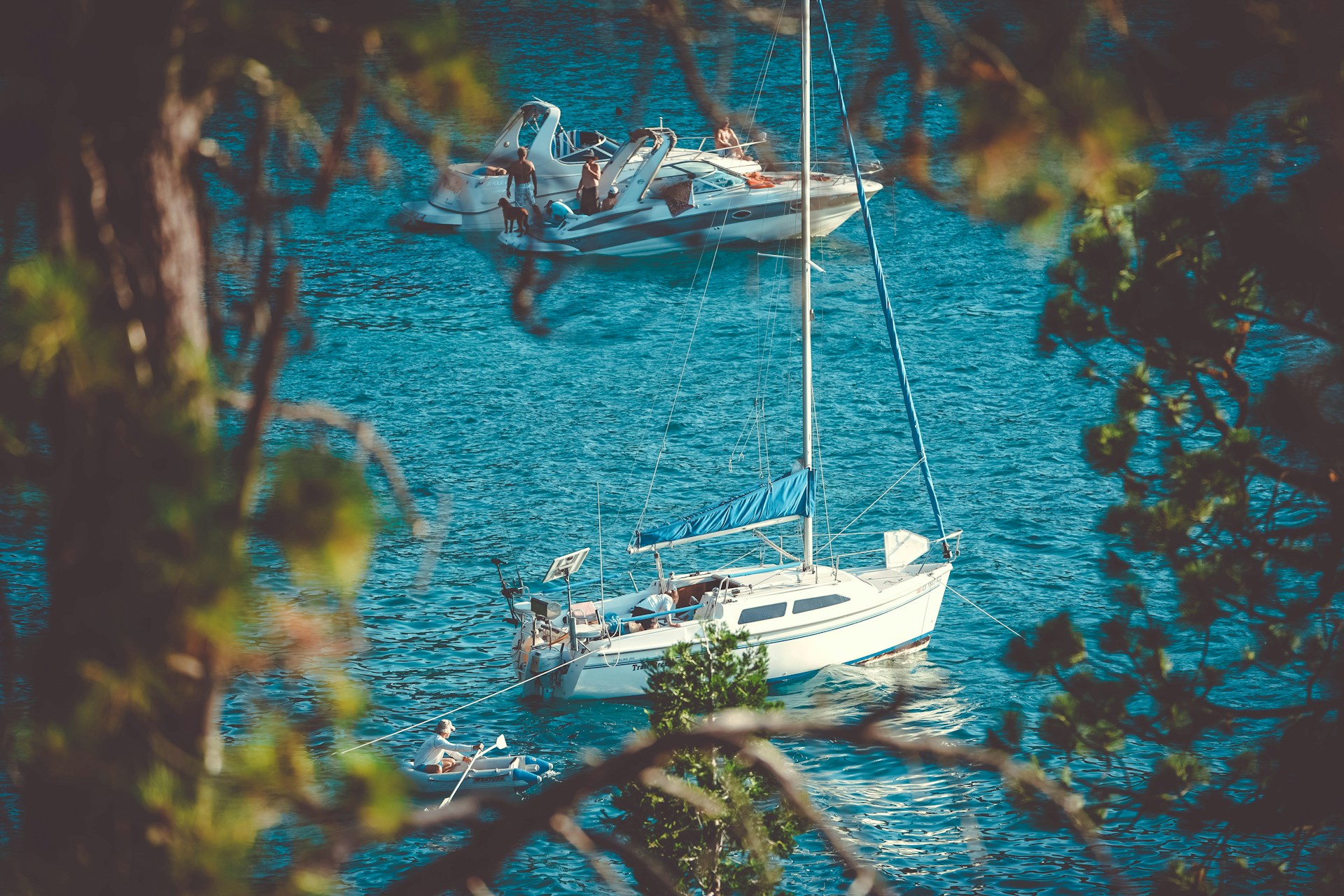
How to plan a cruise that includes participation in coastal clean-up activities in the UK?
Cruising offers an unparalleled opportunity to see the world from the unique perspective of the open sea. But what if you could also make a positive impact on the environment during your voyage? A growing trend in cruise travel is the inclusion of coastal clean-up activities – a chance for guests on board the ship to join local communities in preserving the marine ecosystems they visit. This guide will help you plan a cruise that includes participation in these rewarding ventures, with a specific focus on options available in the UK.
Selecting a Cruise Line Committed to Coastal Clean-Up
When planning a cruise with a focus on coastal clean-up, the first step is choosing a cruise line that offers such opportunities. An increasing number of cruises are recognising the importance of giving back to the local communities and environments they visit. They are incorporating clean-up excursions into their itineraries, often in partnership with national and local environmental organisations.
A lire également : Which cruises offer the most detailed tours of the English Channel’s historical WWII sites?
Companies such as Seabourn and National Geographic Expeditions are leaders in this sector, offering unique "Marine Volunteer Vacations". These trips give guests the chance to take part in beach clean-ups and data collection efforts that contribute to marine conservation.
When selecting a cruise, look for companies that advertise their commitment to sustainability and environmental stewardship. You'll want to ensure that your participation will genuinely contribute to the local community and not just be a token gesture. Research the partnerships they have with environmental groups and the specific activities included in the cruise itinerary.
Avez-vous vu cela : Which UK cruises offer the best birdwatching expeditions during spring migration?
Preparing for Your Coastal Clean-Up Cruise
Once you've chosen your cruise line and booked your trip, it's time to prepare for the journey. Participating in a coastal clean-up during a cruise requires a bit more planning than a typical leisure cruise. You'll need to pack appropriate clothing and gear and be physically prepared for the work involved.
Before you board the ship, learn about the marine environment you’ll be working to protect. Understand the importance of clean seas and the impact of pollution on marine life. This knowledge will add depth to your experience and help you appreciate the importance of the work you’ll be doing.
Ensure you pack sturdy, closed-toe shoes, long trousers, and long-sleeved tops to protect against potential hazards. Also, consider bringing your own gloves, reusable water bottle, and sun protection.
Participating in Clean-Up Activities on Your Cruise
As the day of your coastal clean-up approaches, you'll want to familiarize yourself with the schedule and guidelines. Each cruise line will have different procedures for their clean-up activities. Some may involve a full day dedicated to the clean-up, while others may be a few hours over several days.
Clean-up activities often involve collecting and recording data about the types and quantities of debris found. This information is valuable to marine conservation groups researching the impact of marine debris on wildlife. Be prepared to contribute to this scientific research.
Participating in these activities is a rewarding way to give back to the places you visit on your cruise. It's an opportunity not just to travel but to make a difference.
Exploring Further Conservation Opportunities During Your Cruise
Beyond the organised clean-up activities, there are additional ways you can contribute to conservation efforts during your cruise. Look for opportunities to learn more about the marine environment through onboard lectures and workshops. Some ships have marine biologists or naturalists on board who give talks and lead discussions about ocean conservation.
You can also choose to support local businesses and economies during onshore visits. Buying local products or eating in local restaurants can support communities that rely on tourism.
Reflecting on Your Coastal Clean-Up Cruise Experience
After your cruise, take the time to reflect on your experiences. The memories you've made and the work you've done to support marine conservation will likely stay with you long after you've disembarked from the ship.
Share your experiences with others, too. Social media, blogs, and word of mouth are all powerful tools to spread the word about coastal clean-up cruises. By sharing your story, you can inspire others to consider this type of travel, contributing to a larger movement towards sustainable tourism.
In planning a cruise that includes coastal clean-up activities in the UK, you're not just setting off on a holiday – you're embarking on a journey to make a positive impact on the world's oceans. It's a unique opportunity to combine the thrill of travel with the satisfaction of contributing to a vital cause.
Planning Your Clean-Up Schedule on a Cruise Vacation
As you embark on your coastal clean-up cruise, it's crucial to plan your schedule wisely to make the most of this unique opportunity. Remember, this isn't just a Mediterranean cruise or a trip across the Atlantic Ocean; it's a chance for you to contribute positively to the world's oceans and promote sustainable tourism.
Before the ship time begins, take a look at the specific cruise itinerary provided by your chosen cruise line. Most lines, whether they operate in the United Kingdom, Australia, New Zealand, South America, or the United States, will have a detailed schedule outlining each day's activities and the duration of days dedicated to clean-up exercises.
These schedules typically offer a wide range of activities, including beach clean-ups, data collection exercises, marine engineering projects, and more. They might be spread out over several days or concentrated into one or two 'clean-up days'. The detailed itinerary will help you balance your leisure time with your conservation efforts.
Also, remember that these clean-up activities aren't just about picking up trash. They're a chance for you to learn about plastic pollution and its impact on marine life. As such, cruise lines often incorporate educational programmes into their itineraries. Be sure to take advantage of these opportunities to increase your understanding of marine conservation.
Handling Travel Documents and Health Precautions
Just like any other cruise vacation, when planning for a coastal clean-up cruise, you should take careful note of the necessary travel documents and health precautions. This is especially important given the additional physical activities involved in clean-ups.
Firstly, ensure that your passport is valid for at least six months beyond your planned return date. Depending on your nationality and the specific cruise itinerary, you may also need visas to enter certain countries. Most cruise lines will provide you with a detailed guide on the travel documents required.
On the health front, consider the physical nature of clean-up activities. While these are typically not strenuous, they do require a certain level of fitness. If you have any long-term health issues, consult with your doctor about your plans. Also, make sure you have adequate travel insurance that covers any potential medical emergencies during your trip.
Don't forget to pack any personal medication you might need during the cruise. Given the nature of the activities involved, consider bringing basic first aid supplies such as band-aids, antiseptic cream, and insect repellent.
Conclusion: Embarking on a Journey towards Sustainable Tourism
Planning a cruise that includes coastal clean-up activities is not just about picking a destination or a specific cruise line. It's about making a conscious decision to contribute to marine conservation efforts and promote sustainable tourism. From selecting a cruise line committed to environmental stewardship, to packing the right gear, to understanding the scientific research involved, every step in the planning process is a step towards making a positive impact.
Whether you're cruising around the Mediterranean, exploring the coasts of the United Kingdom, or venturing into the pristine waters of Australia and New Zealand, your participation in these clean-up activities helps combat the critical issue of plastic pollution. And this goes beyond the duration of days spent on the cruise ship. The knowledge gained, the awareness raised, and the habits formed can influence your lifestyle choices long term.
So, as you embark on your cruise vacation, remember – you're not just a passenger on a ship. You're a custodian of the seas. And every piece of debris picked, every data point collected, every step taken towards understanding and protecting our oceans, is a step towards a more sustainable future for us all.
